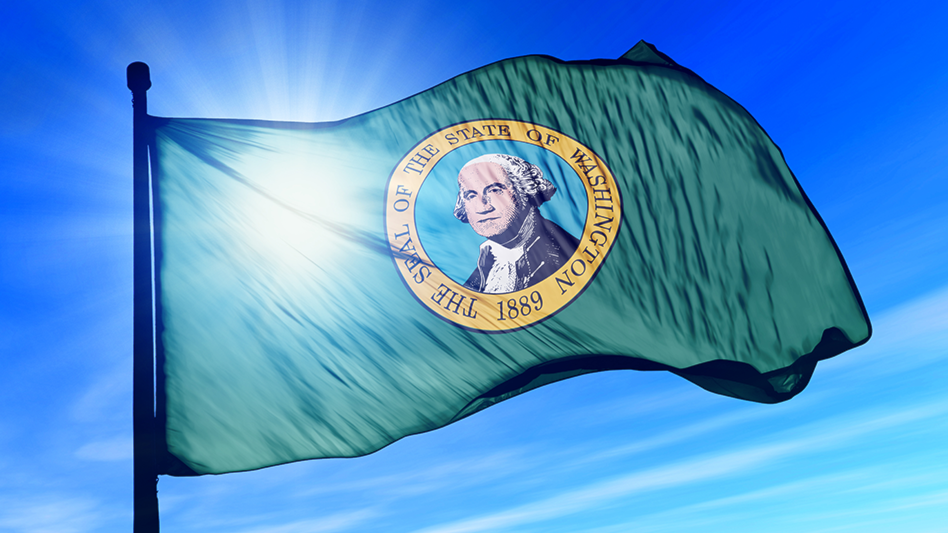The state of Washington will issue 52 new social equity cannabis licenses. What will that mean for those negatively impacted by the policies of the drug war?
Washington State is taking steps to promote social equity in the cannabis industry by issuing up to 52 new social equity cannabis licenses to applicants from communities that have been disproportionately impacted by the draconian war on drugs. The state’s Liquor and Cannabis Board (LCB) will begin accepting applications on June 1, 2021, and the licenses will be awarded through a competitive scoring system that gives additional points to applicants who meet certain social equity criteria.
The LCB has set a goal of awarding at least eight licenses to applicants who meet the social equity criteria, which include residing in an area with high rates of poverty and unemployment, or having been personally impacted by the war on drugs. Applicants who are members of a federally recognized Indian tribe or who have a parent, spouse, or child with a cannabis-related conviction are also eligible.
The new licenses are part of Washington State’s broader efforts to promote social equity in the cannabis industry, which has historically been dominated by white-owned businesses. The state is one of several that have implemented social equity programs in an effort to address the harms of the war on drugs and create opportunities for communities that have been disproportionately impacted by drug enforcement policies.
However, promoting social equity in the cannabis industry is not without its challenges. Critics argue that the social equity programs are often underfunded and insufficiently supported, leading to a lack of diversity and representation in the industry. Others have raised concerns that the programs may actually perpetuate racial disparities by providing advantages to certain groups without addressing the underlying systemic issues.
Despite these challenges, there is growing recognition of the need to promote social equity in the cannabis industry, and many states are working to develop programs that are more effective and equitable. In addition to social equity licenses, some states have also implemented other measures to promote diversity and inclusion in the industry, such as expungement programs for cannabis-related convictions and training and mentorship programs for new business owners.
The cannabis industry is still relatively new and rapidly evolving, and it remains to be seen how effective these efforts will be in promoting social equity and addressing the harms of the war on drugs. However, by continuing to prioritize equity and inclusion, states like Washington are taking important steps towards building a more just and equitable cannabis industry.



